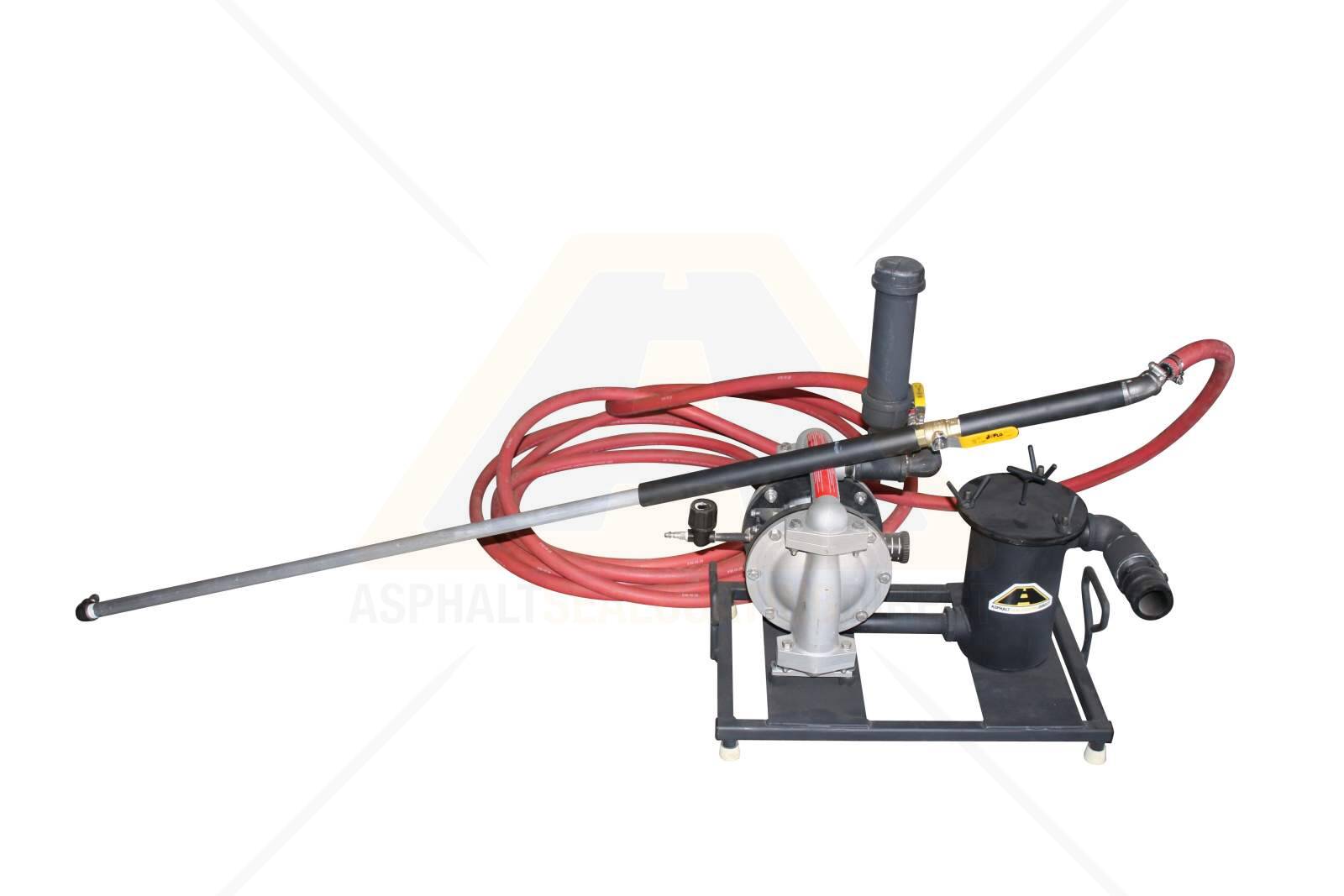Cold Mix Asphalt Vs. Hot Mix Asphalt: Which Is Right for You?
.png)
Structure Differences
Cold mix asphalt is generated by emulsifying the asphalt binder with water and an emulsifying representative before blending it with aggregate. The hot mix asphalt production process includes heating up the aggregate and asphalt binder separately before incorporating them at the asphalt plant.
Moreover, cold mix asphalt often tends to be less thick and extra versatile than warm mix asphalt. This adaptability makes it far better matched for areas with higher degrees of activity, such as driveways or roadways with heavy website traffic. On the other hand, hot mix asphalt is known for its high sturdiness and resistance to rutting and breaking, making it a favored selection for highways and high-traffic roadways where durability is important.
Installation Process Variations
The procedure of installing cool mix and hot mix asphalt displays remarkable variances in their treatments and demands. In comparison, warm mix asphalt demands a much more elaborate installation procedure. Due to the heating needs, hot mix asphalt installments are generally brought out by professionals with customized tools, ensuring an extra long-term and structurally audio result.
Sturdiness and Longevity Aspects
When considering asphalt options, durability and longevity are crucial aspects to evaluate for long-term sidewalk efficiency,. Warm mix asphalt (HMA) is recognized for its exceptional durability and longevity. The high temperature levels throughout the laying and mixing procedure enable much better compaction, leading to a denser and stronger pavement structure. This brings about HMA being extra resistant to rush hour lots, extreme climate condition, and the effects old compared to chilly mix asphalt (CMA)
In regards to durability, HMA generally outperforms CMA due to its remarkable stamina and resistance homes. HMA sidewalks have a longer life span, needing less regular repair work and maintenance, which can equate to set you back savings in the future. In addition, HMA pavements are much more quickly adjustable to fulfill particular task requirements, better improving their resilience.
Cost Factors To Consider
Taking into consideration the financial implications is a vital facet when reviewing the option in between hot mix asphalt (HMA) and cool mix asphalt (CMA) for sidewalk projects. While the preliminary expense of hot mix asphalt is typically greater than that of cool mix asphalt, HMA often provides a much more cost-effective service in the lengthy run due to its exceptional resilience and longevity.
In addition to product prices, it's essential to consider the costs connected with installation and maintenance when comparing HMA and CMA. Eventually, the choice between HMA and CMA need to take into account not just the first price yet likewise the long-lasting financial ramifications to determine the most cost-effective choice for the particular sidewalk project.
Environmental Influence Comparison
Comparison of the ecological impacts between hot mix asphalt (HMA) and cold mix asphalt (CMA) discloses unique differences in sustainability practices. HMA manufacturing requires heats, resulting in enhanced power consumption and greenhouse gas discharges. The procedure additionally launches volatile natural compounds (VOCs) and harmful air toxins (HAPs) into the ambience. In contrast, CMA is created and used at reduced temperature levels, reducing power usage and emissions substantially. The reduced production temperature levels of CMA lead to lowered gas intake and reduced degrees of CO2 emissions, making it an extra eco-friendly option.
In addition, the usage of CMA usually involves reusing existing asphalt sidewalk, promoting resource conservation and lowering the amount of waste sent to landfills. By choosing for CMA over HMA, road building jobs can add favorably to ecological preservation initiatives.
Conclusion
In conclusion, the choice between chilly mix asphalt (CMA) and hot mix asphalt (HMA) depends on numerous elements such as composition, installation procedure, sturdiness, longevity, cost, and ecological impact. asphalt repair. While CMA supplies a economical and quick remedy for small repairs, HMA makes sure superior longevity and durability for rush hour locations. Take into consideration these aspects meticulously to identify which kind of asphalt is the right choice for your paving needs

Taking into consideration the economic ramifications is a crucial facet when assessing the choice between asphalt repair hot mix asphalt (HMA) and cold mix asphalt (CMA) for pavement jobs. While the preliminary expense of hot mix asphalt is commonly greater than that of cool mix asphalt, HMA usually gives an extra cost-efficient solution in the long run due to its exceptional durability and longevity. angle parking.Contrast of the ecological influences in between warm mix asphalt (HMA) and cool mix asphalt (CMA) discloses distinct differences in sustainability methods.In final thought, the choice in between cool mix asphalt (CMA) and warm mix asphalt (HMA) depends on various factors such as structure, installment process, sturdiness, long life, cost, and environmental influence